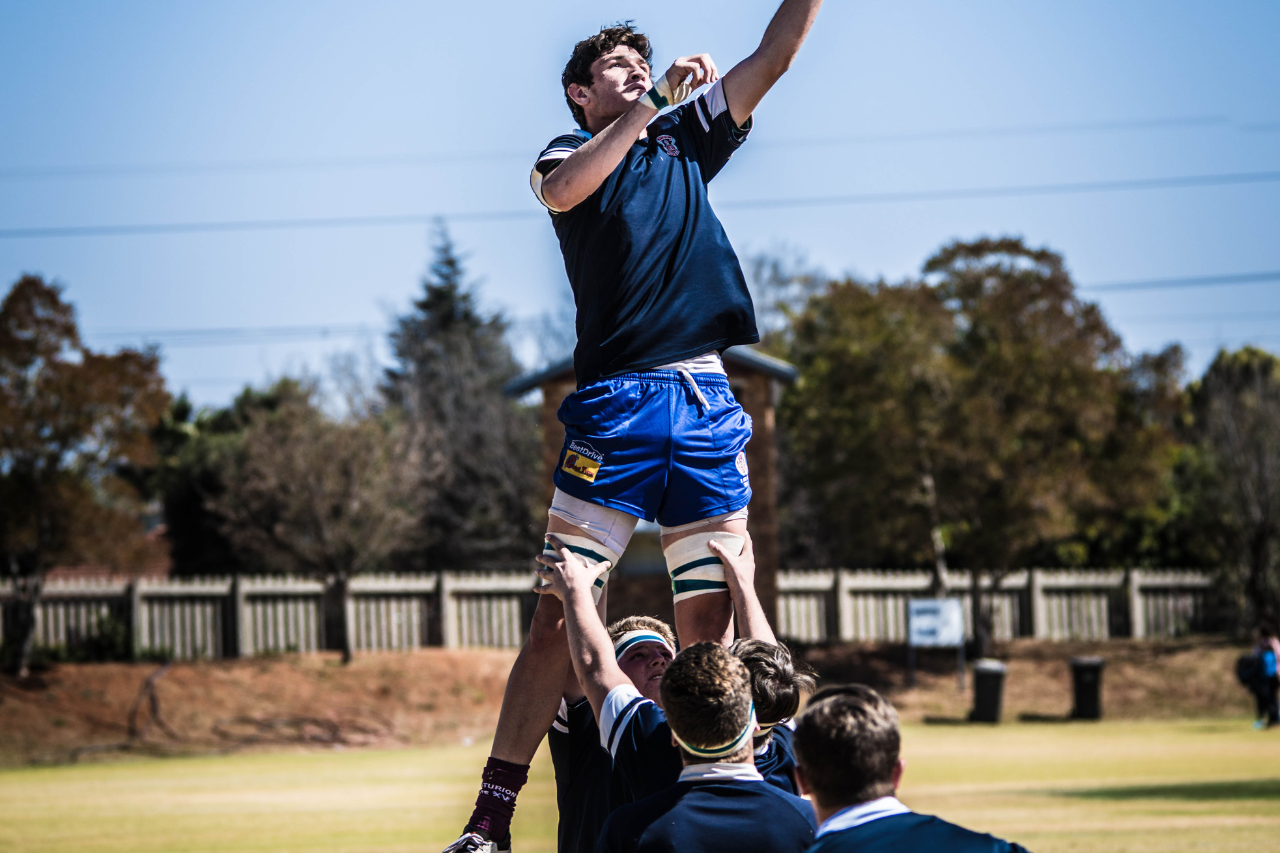Reality of Concussions in Sport
The ‘get on with it’ rhetoric and the real effects of concussion
If you’ve ever watched a game of rugby, hockey, soccer, gridiron (NFL), or any example of contact sport, the chances are exceptionally high that you’ve witnessed someone experience a whiplash or concussion injury. Out of those experiences, how often would you have seen someone back playing again next week or, more concerningly, stand straight back up and keep playing? We take a closer look at why and how this can happen, and in what ways we at HeadWise Concussion Care can support your recovery through expert concussion therapy.
Head first, not team first
There are many reasons why people might play sport, socially or otherwise- we may do it for our health, for our enjoyment, for our team mates as we go in to battle. The passion and drive to continue playing through injury, as some level of herculean effort, can feel like it warrants every and any praise. As Kiwis, we are all too familiar with the ‘get on with it’ and ‘she’ll be right’ rhetoric which are, in many ways, an inherent part of our general outlook on life. Though we may have held this perspective for years and years, when it comes to your head, the research suggests otherwise.
Returning to Play Safely
In our previous blog here, we discussed the mechanism of injury inside the brain. With the significant amount of energy being activated in the brain, it is crucial that we know exactly how to best manage ourselves back to health. At HeadWise Concussion Care, we carefully assess your concussion signs and symptoms and ascertain exactly what you need to do to get back to playing the sport or performing the exercise that you know and love.
We call this the Return to Play (RTP) protocol, and it can be so incredibly valuable in determining the best course of action in treatment and management of your unique experience. Based on the latest research, It is designed specifically to keep you active physically, and within your sport community.
A lot of patients fear they just have to fully ‘stop’ and can often be the reason athletes don’t seek help. For majority of patients this isn’t the case. Being risk adverse is very important in reducing the chance of suffering another concussion (risking more severe and damaging effects) before you have fully recovered. But there are so many things you can do!
So, When Should I Seek Care?
The timeline of recovery from a concussion/whiplash injury is much, much faster the quicker you can present to a healthcare professional. There is a wealth of research to advocate this and the importance of early presentation assessment, treatment and management. So, what does this mean for you? DON’T WAIT! Have you had an injury in the last few weeks, days, hours? Get concussion treatment NOW!
It also pays to note that yes, you may not have sought treatment early- that’s okay! Whether you have an acute (new) or chronic (older) injury, our procedures and processes at HeadWise remain the same- we will help to ascertain the best course of treatment, we will direct you down the pathway of improvements and we will empower you to persevere and continue your concussion journey- even if you’ve had symptoms for a year, a decade and beyond!

